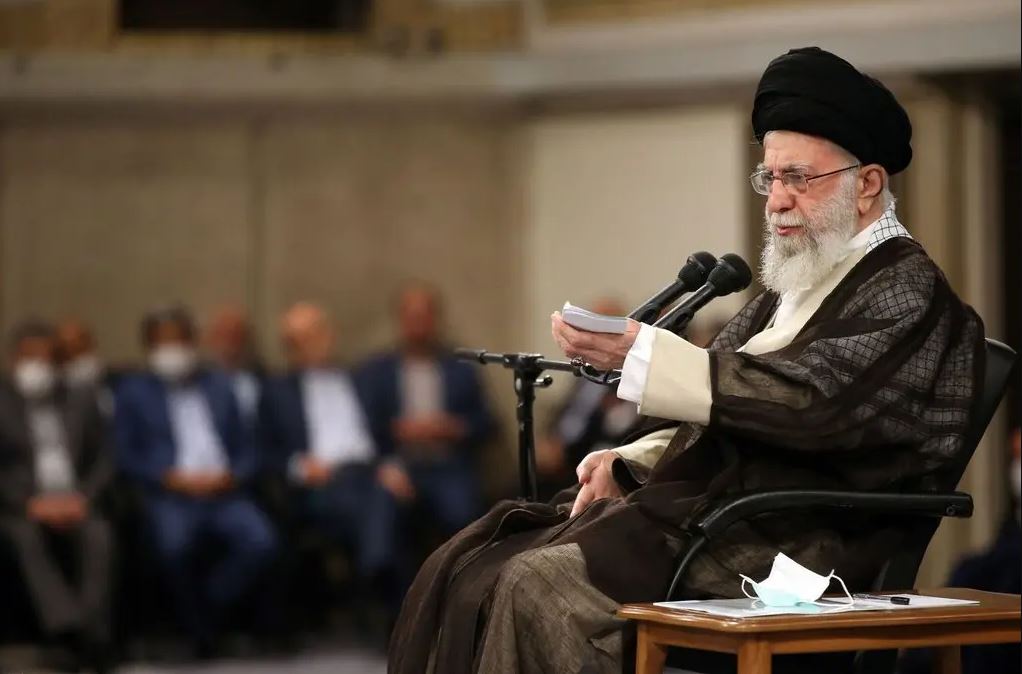According to sources from three nations, as part of a wider U.S. attempt to alleviate tensions and minimise the likelihood of a military conflict with the Islamic Republic, the Biden administration has been covertly talking with Iran to restrict Tehran’s nuclear programme and release imprisoned Americans.
U.S. officials are aiming for a verbal understanding, or what some Iranian officials are calling a “political cease-fire.” The relationship between the two countries has been tense for quite some time, and it is only becoming tenser as Iran works to amass a supply of highly enriched uranium close to bomb-grade purity, provides Russia with drones for use in Ukraine, and violently clamps down on domestic political unrest.
Three senior Israeli officials, one senior Iranian official, and one senior American official all corroborated the gist of the meetings. The release of inmates is a top U.S. objective, but officials are reluctant to divulge the specifics of their efforts to achieve that goal.
After more than a year of failed discussions to revive the 2015 nuclear agreement, the United States and Iran have resumed dialogue via indirect talks, some of which have taken place this spring in the Gulf Arab state of Oman. As part of the deal to lift sanctions, Iran agreed to significantly curtail its operations.
Iran has pledged to stop selling ballistic missiles to Russia, increase cooperation with international nuclear inspectors, and end any deadly assaults by its proxies in Syria and Iraq against American contractors.
In return, Iran would like the United States to refrain from seeking any new punitive resolutions at the United Nations or the International Atomic Energy Agency against Iran for its nuclear activity and refrain from tightening sanctions already choking its economy.
In addition to the release of three Iranian American inmates, who the United States claims were unfairly jailed, Iran is demanding that the United States unfreeze billions of dollars in Iranian assets, the use of which would be restricted to humanitarian causes. No authority from the United States has verified that the inmates are connected to the money or any nuclear issues.
The United States provided a waiver last week enabling Iraq to pay $2.76 billion in energy obligations to Iran, which might be a hint of an emerging accord. According to the State Department, the funds may only be used by third-party suppliers recognised by the United States to provide food and medication to Iranian residents.
That might ease worries that the Biden administration is paying anti-Israeli proxies like Hamas and Hezbollah with billions that could be used to murder demonstrators and help Russia’s war effort in Ukraine. The Republican Party has been critical of President Obama’s decision to unfreeze billions of dollars in Iranian funds, which they say would be used to fund terrorism.
The release of American captives is also being connected by Iranian authorities to the retrieval of an estimated $7 billion in oil purchase payments kept in South Korea. An Iranian official and numerous others involved with the discussions have said that the funds would be housed in a Qatari bank and are confined for humanitarian purposes only.
Iran’s Supreme Leader Ayatollah Ali Khamenei reportedly indicated on Wednesday that he would support a deal with the West so long as Iran’s nuclear infrastructure was not dismantled. Mr. Khamenei also emphasised the need of Iran continuing to work with foreign nuclear inspectors in some capacity.
It would still be quite a while before Iran could build a nuclear weapon, even if it used its high-speed centrifuges to refine uranium to weapons-grade levels. General Mark A. Milley, chairman of the United States Joint Chiefs of Staff, told a House hearing in March that this procedure may take “several months.”
U.S. special envoy for Iran Robert Malley met twice with Iran’s ambassador to the United Nations Amir Saeid Iravani towards the end of last year, as reported by those with knowledge of the talks, signalling a resumption of the Biden administration’s diplomatic push with Iran. Iranian foreign ministry revealed on Monday that White House Middle East coordinator Brett McGurk met with an Iranian group included Ali Bagheri Kani, Tehran’s main nuclear negotiator, in Muscat, Oman, in early May for indirect discussions mediated by the Omanis.
Some Israeli officials are concerned that if the renewed talks are implemented, it could lead to a broader nuclear agreement that would throw a lifeline to Tehran’s economy without sufficiently deterring its nuclear activities.
Mr. Ross said that a short-term deal with restricted scope may be beneficial in preventing a catastrophe. He pointed out that Iran has been busy digging tunnels, which would make it difficult for American bunker-busting bombs to destroy the country’s nuclear installations.

